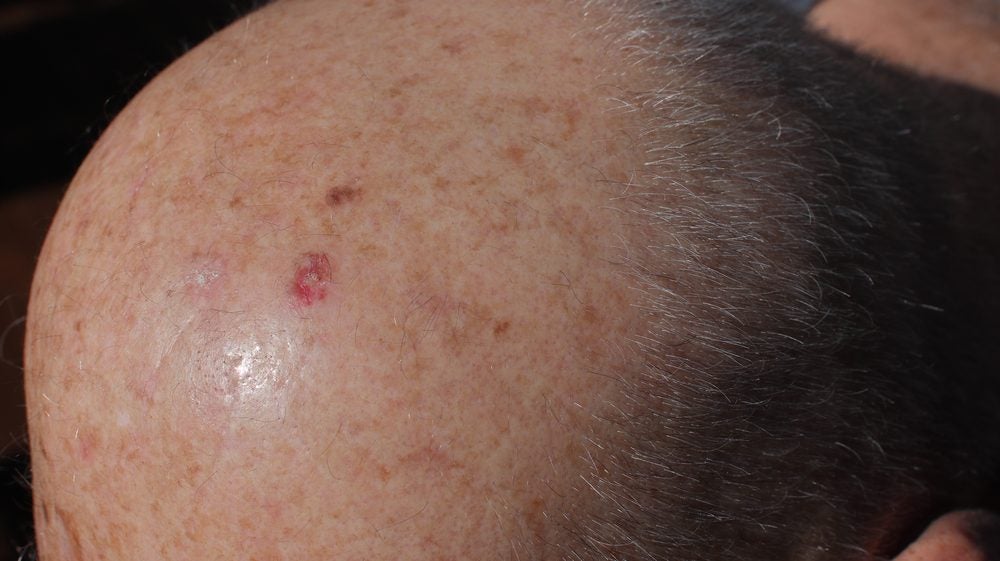Sonnet BioTherapeutics has announced the issuance of US Patent No. 12,134,635 covering its two new drug candidates, SON-1411 and SON-1400, expected to advance treatment options for cancer.
The patent, titled ‘Interleukin 18 (IL-18) Variants and Fusion Proteins Comprising Same’ was issued by the US Patent and Trademark Office.
The drug candidates comprise modified versions of recombinant human interleukin-18 with the patent effective till June 2044.
SON-1411 is a bifunctional fusion protein that combines IL-18 with single-chain wild-type IL-12, connected to the company’s Fully Human Albumin Binding (FHAB) platform.
Another drug, SON-1400 is a monofunctional fusion protein comprising the FHAB-connected IL-18 domain.
Sonnet founder and CEO Pankaj Mohan said: “The issuance of this intellectual property is an important milestone that we believe provides significant differentiation from competitors trying to tap the full biological potential of IL-18, either alone or in combination with IL-12.
“IL-18 is a key cytokine that, when combined synergistically with IL-12, has the potential to be an important therapeutic asset for oncology and cell-based therapy.”
The company’s FHAB platform aims to target tumour and lymphatic tissue, improving the efficacy and safety of immune-modulating biologic drugs.
It also prolongs the biological activity of connected molecules by attaching native albumin in the serum aiming the microenvironment of the tumour via high-affinity binding to glycoprotein 60 and the Secreted Protein Acidic and Rich in Cysteine.
IL-18 plays a prominent role in regulating adaptive and innate immune responses, affecting natural killer cells, monocytes and other cell types.
IL-18BP acts as a decoy receptor, hindering IL-18-mediated tumour-infiltrating lymphocyte activation.
The company is developing bifunctional cytokine molecules, IL-18-FHAB-IL12 and IL-18-FHAB.
These molecules have an IL-18 domain that does not bind IL-18BP but maintains full IL-18 and IL-12 bioactivity. This development could potentially expand immunotherapy applications for patients with cancer.













